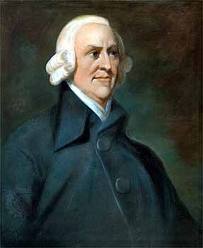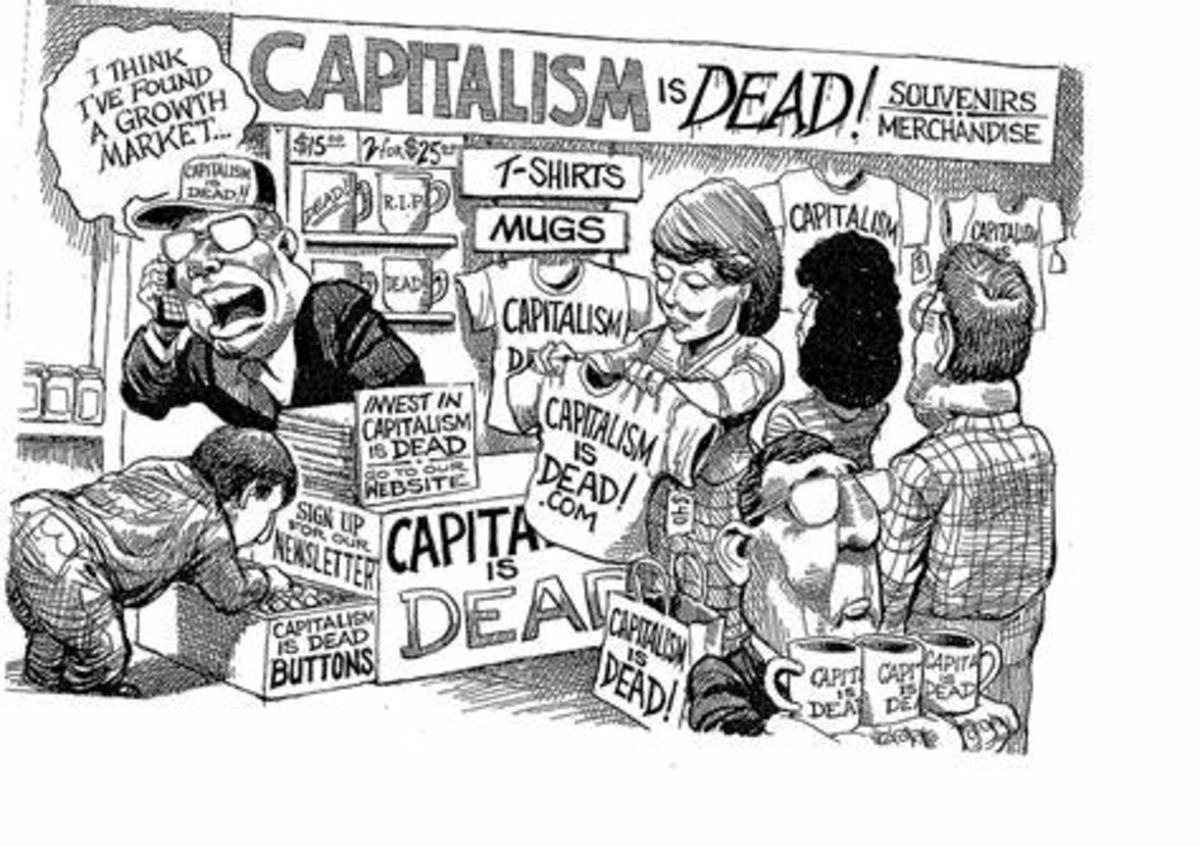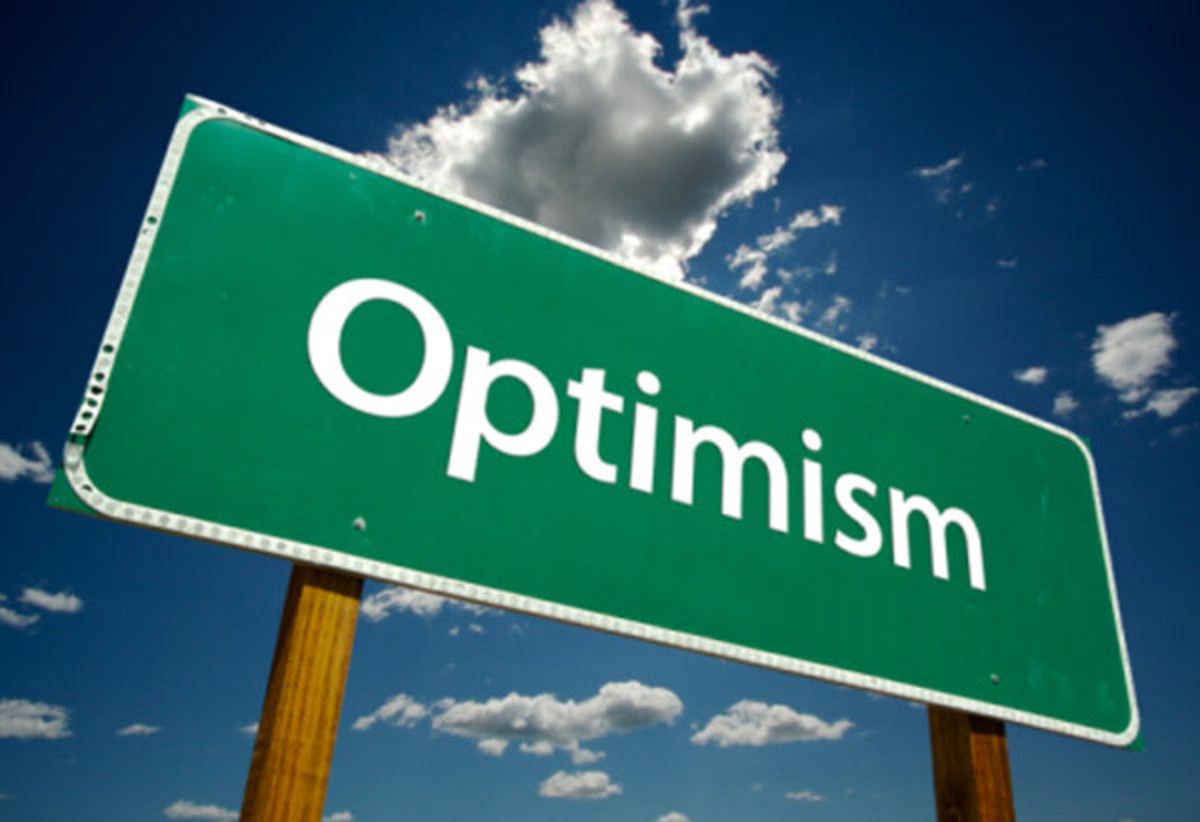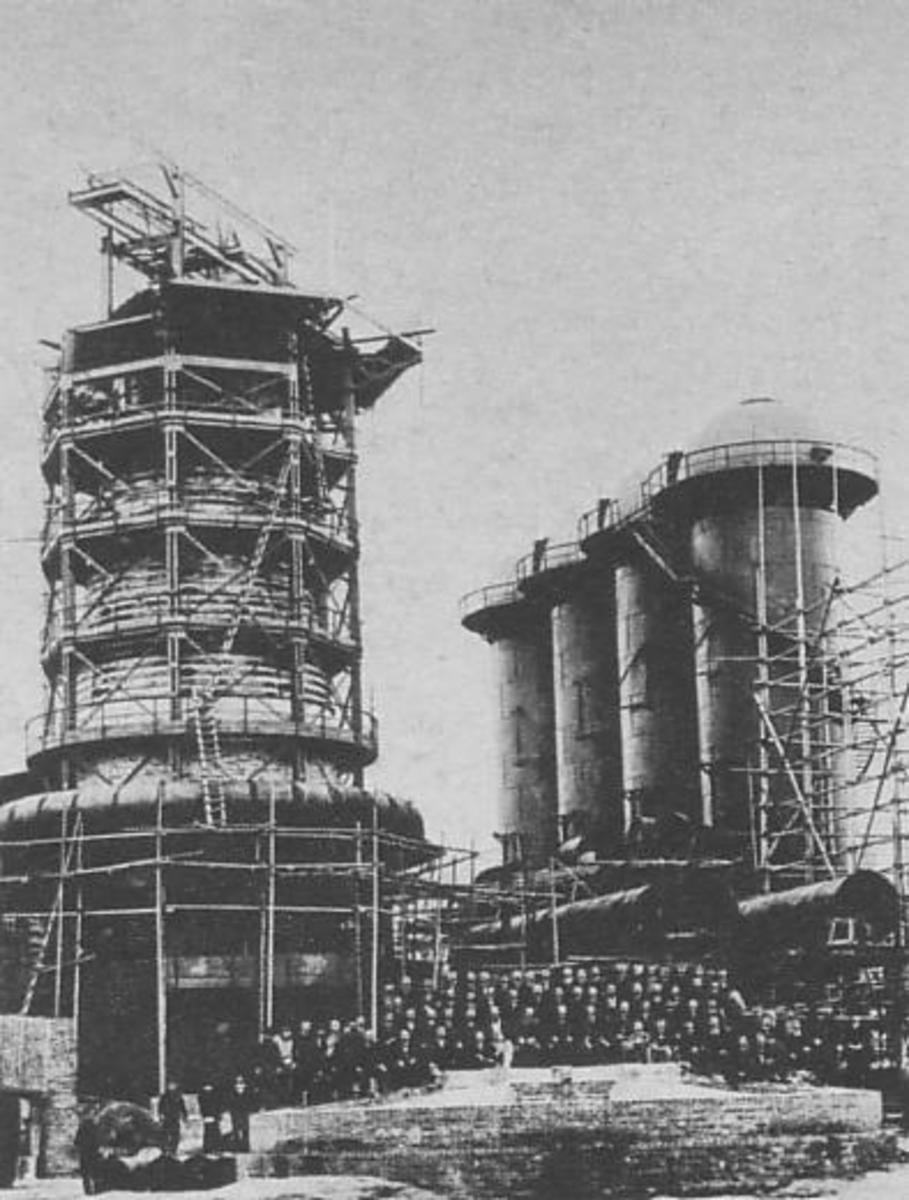Adam Smith: Free Trade not free markets.

Over a period of about 30 years that ended with the recession in 2008 there was an obsession with Free Market reforms that bordered on insanity. Nationalised industries in the UK were sold to the public at bargain basement prices, but the ordinary citizen, whether they purchased shares or not, saw no significant benefit. In the US the repeal of the Glass-Steagal act, which ring fenced investment banking to protect citizens from casino capitalism was hailed triumphantly as progress, just as the act that prevented private individuals in the USA from going into protective bankruptcy was doubtless hailed as making feckless people responsible for their own actions and cementing the American tradition that corporations have more rights than humans. Although Free Marketry is not so much in fashion now, it will come back and someone has to remind people of its weaknesses.
The Adam Smith Cult
Many of the free market Fanatics of the 80s onwards took Adam Smith's Wealth of Nations (WON) as a scriptural text with the attitude that there is no god but the market and Adam Smith is its prophet, (for without a prophet they would not be in business). Various Free market Privateers (dedicated to privatising as much as possible) used alleged quotes and misinterpretation of Smith's long and rather tedious book to bolster their theories, theories Smith would probably have categorically rejected. Many of the most vociferous Smithians had never read On the Wealth of Nations and got their ideas of Smith, in particular removing regulation of business, from text and sound bites from other Smithians.
The twentieth century Smith worshippers ignored the vastly different world in which Smith lived, ignored the changes in the English Language since On the Wealth of Nationswas first published, and ignored the fact that for Smith maximisation of profit meant maximisation of employment, something that has gone by the board with machine based mass production: indeed in his Essay “The Right to be Lazy” Lafarge notes that the use of machinery resulted in massive overproduction which needed conquest to obtain markets for overproduced goods.
In many ways the Smith Cult is like a religion applying Ancient Scriptures to a vastly changed modern world without even considering the need for translation into modern English ( some important words in Smith's writings have changed meanings in the last 200 plus years), and dogmatically insisting that their interpretation MUST be true even if the evidence contradicts it.
Perhaps the most telling feature of the Smith cult is that they failed to realise that Smith wanted the government to avoid interfering with business because in his day Big Business had captured the state and got laws passed that gave them an unfair advantage over workers and smaller businesses. They also ignored Smith's distrust of professions that required buying and selling, such as the Finance Industry, for he felt that their interest was frequently against the interests of individual citizens and the country as a whole. He would probably have seen the way in which various powerful financial organisations lobbied to have regulation of their activities removed and the subsequent crash in 2008 as validating his distrust, which in turn probably arose partly from observing the crash of the banks in the 1770s.
The World of Adam Smith
The Wealth of Nations was written before Economics became an academic discipline,written well before economists started to try to convert their study into an offshoot of mathematical classical physics, rather than the study of a human activity and well before the increased use of technology invalidated some of his basic assumptions.
The past is an alien world and Smith's book was published at the start of the Industrial Revolution at a time when assembly line factories ( of which Smith makes much at the start of his book) were new in the UK, though the Venice Arsenal had been using an assembly line to build ships in 1104 and turned out one ship a day using preassembled parts and assembly line principles which would be rediscovered in the 1930s in the Soviet Union when the miner Stakhanov used them to send his productivity skyrocketing. It is not clear when or where the first Factory of the Industrial revolution was built but there seems to be a consensus that it was between 1720 and1770 in the UK, hence Smith would have been acquainted with the shift of workers from the land to the factory.
Smith's world was largely an agrarian one where almost all labour involved manual work, and machinery was scarce, a world where women were regarded as inferior to men but were employed in what were later to become masculine operations. One of the dominant themes of his book is the price of corn and, like a Chinese Mandarin or a Russian peasant of the time he had relatively little time for merchants and shopkeepers. If he saw today's money markets he would probably pray that Jesus came back to drive the people out a second time. And he recognised that economics was very political.
Free markets and the inequality of man
Around a hundred years after The Wealth of Nations was published a new political dogma arose. This was a mixture of a call for free trade (which Smith supported), to allow cheap food into Britain so that factory workers could be made to accept lower wages thus boosting the profits of exporting employers. While some prominent free trade advocates were also individualist anarchists and against War and Imperialism, a worldview based on the inequality of man arose around that time, with, as usual Black at the bottom Brown slightly above, Yellow a bit higher and White at the top, and Western White people (WASPS) at the summit. Naturally each nation considered itself to be the peak of human development. And the Jews fit in somewhere between Black and Brown, while in the USA Jews, Irish and Italians were in turn initially regarded as Black. This later developed into Social Darwinism and led, to the Eugenic movements of the early 20th century and the Holocaust.
Somehow the notion of Free trade became mixed up with that of the Free Market and removal of government regulation from what Smith called the Market but would better be called Commercial Society or in modern terms Industry and Commerce with, in the 21st century, the Money Industry, also known as finance, as a third component. And this mingled with the remnant Social Darwinism of the ruling elites to make a a bowl of hemlock for free marketeers to force public and state to drink. Not only did what Smith called “The mean rapacity, the monopolising spirit of merchants and manufacturers, who neither are, nor ought to be, the rulers of mankind” damage the social fabric of the countries where free market fanaticism ruled, it managed to justify, on pseudo Darwinian grounds, the attribution to those they pillaged in the recession of 2008 not only of blame but also of natural inferiority.
A lesson for today
The Wealth of Nations is a book written by a keen observer of human nature. The following passage refers to how textile makers exploited rural woman employed as spinners but could equally well be applied to industry today
By extorting from the legislature bounties upon the exportation of their own linen, high duties upon the importation of all foreign linen, and a total prohibition of the home consumption of some sorts of French linen, they endeavour to sell their own goods as dear as possible. By encouraging the importation of foreign linen yarn, and thereby bringing it into competition with that which is made by our own people, they endeavour to buy the work of the poor spinners as cheap as possible. They are as intent to keep down the wages of their own weavers as the earnings of the poor spinners, and it is by no means for the benefit of the workman that they endeavour either to raise the price of the complete work or to lower that of the rude materials. It is the industry which is carried on for the benefit of the rich and the powerful that is principally encouraged by our mercantile system. That which is carried on for the benefit of the poor and the indigent is too often either neglected or oppressed.
Smith was complaining about the way in which Big Business had captured the state and was rearranging the playing field in its own favour. Today we have an analogous situation where the Finance Industry, having brought the world to the edge of financial ruin handed taxpayers the bill for saving it, and where former executives of Goldman Sachs, a company that, in the words of one trader “rules the world” are increasingly seen, according to one issue of Private Eye, perhaps the only investigative paper left in Britain, in positions where they decide national and global economic policies. Like the Manufacturers of Smith's time the financial elite do not care who suffers ( or prospers) as long as they turn a profit. This is human nature. But Smith noted that while The mean rapacity, the monopolising spirit of merchants and manufacturers, who neither are, nor ought to be, the rulers of mankind could not be corrected, it might very easily be prevented.
The Wrap
The amusing yet sad thing is that the most vociferous of the worshippers of Adam Smith had never read The Wealth of Nations, nor even a solid commentary on the book, but were recycling soundbites from quack economists and real economists behaving like quacks proffering snake oil when the world needed medicine. Most of these Smithians would not have been able to understand the 18th century English Smith used nor even realise that the language had changed, nor would they have been able to appreciate the nature of his world and the mental climate in which he lived. And none of them wold have taken the time to read his other great work, The Theory of Moral Sentiments, which would have offered a more balanced view of his work. Instead snippets of Smith were taken out of context and used, like other economic theories, to rationalise the social and political prejudices of whoever was speaking.
The tragic and ironic thing is that selective quotation of Smith justified a situation almost identical to the one he so bitterly opposed. And nearly created an economic disaster.








